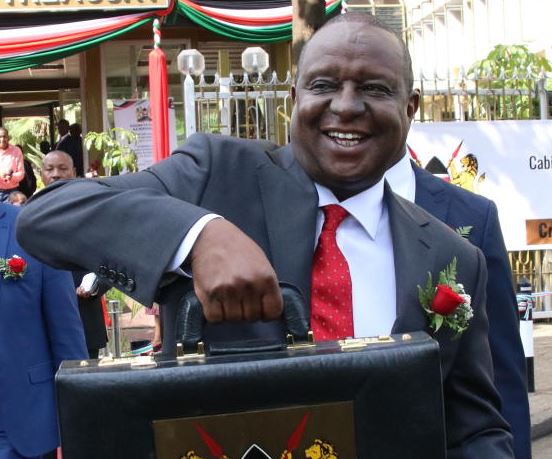×
The Standard e-Paper
Smart Minds Choose Us

The Government is likely to miss its revenue collection targets in the upcoming financial year as its hands are tied from implementing new tax measures until October 1.
This follows a court ruling last year barring the National Treasury from imposing taxes proposed in the budget until the Finance Bill has been debated in Parliament and passed into law.